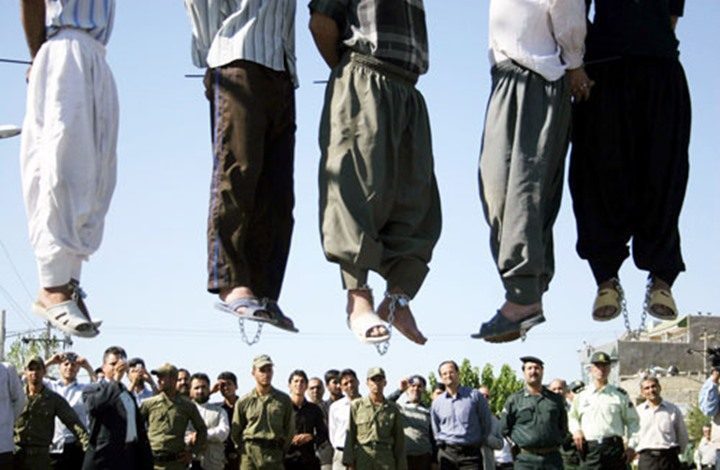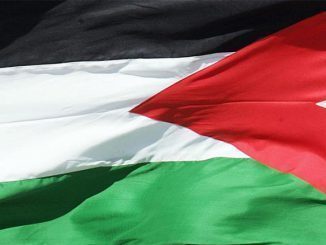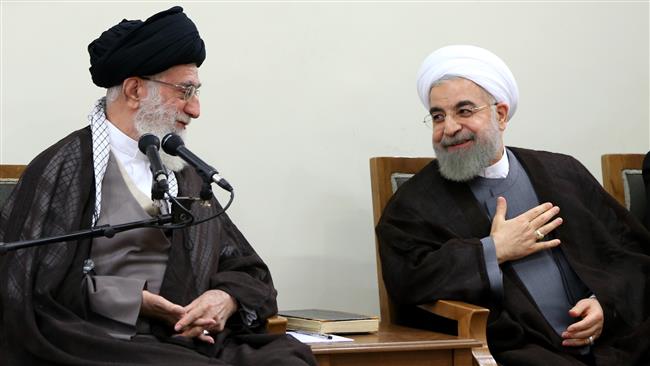
Iran has executed at least 10 Sunni Muslim prisoners held on terror charges in spite of claims they were subjected to forced confessions and did not have a fair trial.
The Norway-based Iran Human Rights, which documents Iran’s use of the death penalty, reported that the executions had been carried out on Tuesday morning at Rajaee Shahr prison in the city of Karaj, west of the capital, Tehran. According to judicial protocol in Iran, people condemned to death are usually hanged just before sunrise.
“Many if not all of these prisoners were subjected to unfair trials and sentenced to death based on confessions extracted under torture,” said IHR’s spokesman, Mahmood Amiry-Moghaddam. Other groups said the number of those executed on Tuesday in Iran could be as high as 20.
Among them was Shahram Ahmadi, a 28-year-old Kurdish prisoner, who was convicted for “enmity against God” because of his alleged membership of so-called Takfiri-Salafist groups, an Iranian term for Sunni jihadi extremists. In 2009, Ahmadi was arrested in the city of Sanandaj. He was sentenced to death in a trial that lasted only a few minutes, which Amnesty has described as grossly unfair.
Read more: Iranian regime hangs 18 people
An anonymous member of Ahmadi’s family told the New York-basedInternational Campaign for Human Rights in Iran they were called on Tuesday morning to visit him in jail for the last time. “We got on the road, but they called us on our way and told us not to go to prison, and to go to the morgue in Kahrizak instead,” the family member said. “We realised he must have been executed. They called again to say that we should go directly to Behesht-e Zahra cemetery. They had executed him before we arrived. We were only able to get the body.”
Iran, which executed nearly 1,000 people last year – more than any other country apart from China – has not provided much explanation about Tuesday’s executions. The intelligence ministry issued a statement on Wednesday about what it described as a Takfiri-Salafist group named Monotheism and Jihad whose members it said had been arrested and some sentenced to death.
The ministry’s statement, which was published by the semi-official Isna news agency, said the group had intended to recruit suicide jihadis and had taken arms against the authorities. It was not possible to verify the claims.
“Iran’s killing spree continues with the mass execution of at least 10 prisoners on 2 August at Rajaee Shahr prison,” said Sarah Leah Whitson, the Middle East and North Africa director at Human Rights Watch. “In 2016, Iran is yet again the regional leader in executions – at least 230 – while it continues to be a laggard in implementing illusory penal code reforms meant to bridge the gap with international standards.”
Human rights groups are particularly concerned about execution of juvenile offenders in Iran. Amnesty said one such prisoner, Hassan Afshar, was hanged on Tuesday after he was convicted of raping another boy. He was 17 at the time of his arrest.
Despite the high rate of executions in the Islamic republic, Iranians increasingly favour forgiveness in cases involving murder. The number of Iranian convicts whose lives were saved last year after being pardoned outnumbered those who were known to have been put to death for murder.



